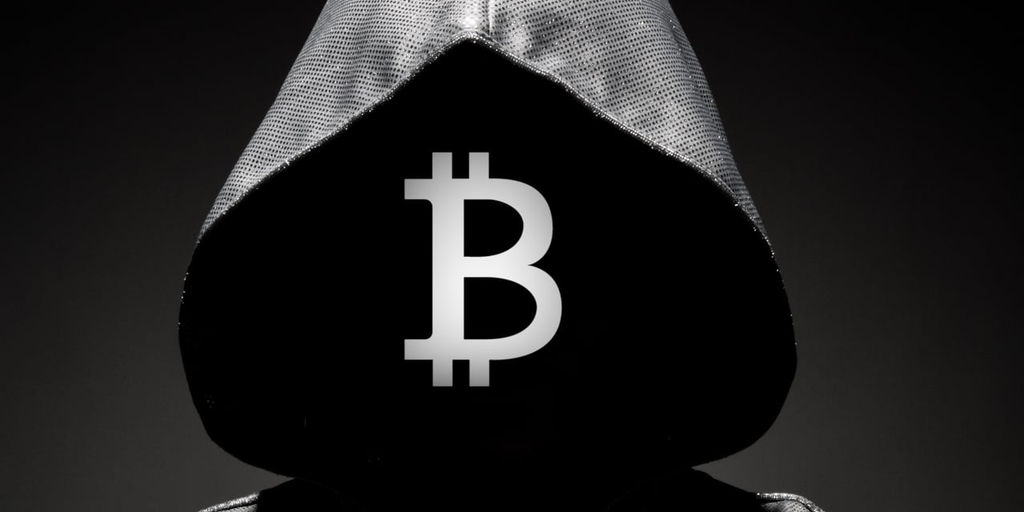US District Judge Lewis Kaplan has sentenced Somgh to three years of supervised release, crediting his role in the probe into one of the largest financial frauds in American history.
Singh was an FTX chief engineer and a main witness for the prosecution in a trial against Bankman-Fried, who was eventually found guilty of a range of serious fraud charges and sentenced to 25 years in prison. Singh said during his sentencing hearing that he was consumed by remorse for his role in the estimated $8 billion theft of customer money, terming it “inconsistent with my Obamalike idealism”. He said, “I am overwhelmed with remorse for the harm that I participated in and that I caused to so many innocent people.”
Singh’s defense team emphasized that his cooperation with the federal prosecutors was crucial. His attorney, Andrew Goldstein, emphasized that most fraudulent activities occurred before Singh joined the conspiracy, arguing that Bankman-Fried and other executives were primarily responsible for the decisions that led to the massive financial collapse.
A graduate of the University of California, Berkeley, Singh was among the earlier employees at Alameda Research in 2017 and rose to a senior position when FTX launched in 2019. He shared a Bahamas penthouse with Bankman-Fried; he had an initial 6-7% stake in the exchange and at one point ranked as a paper billionaire. But when FTX was hit by heavy customer withdrawals and was in financial free fall towards the end of 2022, Singh knew he was in deep trouble. Singh also said he told Bankman-Fried there was a huge shortfall in customer funds only two months before the exchange filed for bankruptcy.
The Judge’s PerspectiveDuring the hearing, Judge Kaplan recognized Singh’s limited involvement in the overall fraud scheme compared to Bankman-Fried and other executives. “You did the right thing,” the judge told Singh. He also praised Singh for his immediate cooperation with the government, adding that it was admirable given the complexity of the case.
Further, Nicolas Roos, the prosecutor, supported it by mentioning that Singh could have easily chosen to deny the charges but instead opted for the route of transparency and accountability. “He wanted to right a wrong or at least start to make that effort,” Roos said.
Support from Current FTX LeadershipJohn J. Ray III, the CEO now overseeing the bankruptcy process at FTX, also wrote to the court supporting leniency for Singh. In his letter, Ray mentioned that Singh had been instrumental in helping recover assets for the creditors and his continued cooperation will be extremely important in maximizing the recoveries in the exceptionally complicated bankruptcy process. Ray’s plea highlighted the unique knowledge Singh possesses regarding FTX’s operations and transactions, further justifying the decision to spare him from prison time.
A Community ImpactThe family and friends present in the courtroom gave emotional support to the sentencing of Singh, and many of them expressed their relief and gratitude to the sentencing. They have averred that Singh is eager to be a force for good in society once this rollercoaster part of his life is finally over.
As Singh embarks on a new path, now working in artificial intelligence, he carries the weight of his past decisions but remains committed to making amends. He even envisioned himself as someone who will be able to give back to society: “I still have an enormous debt to society.”
















